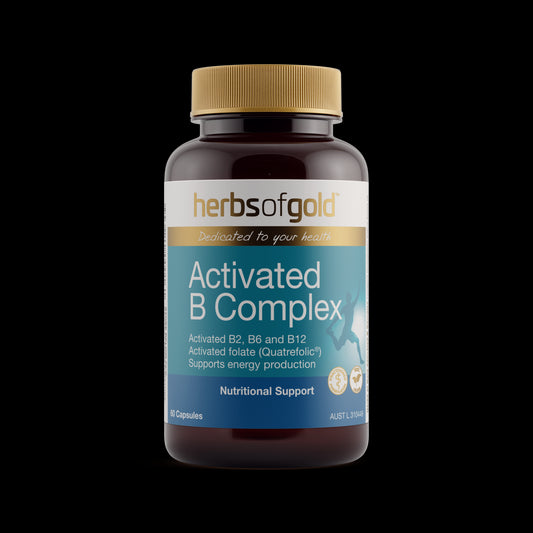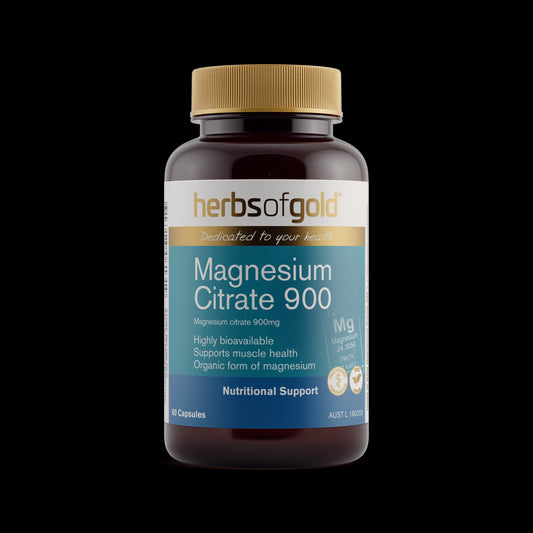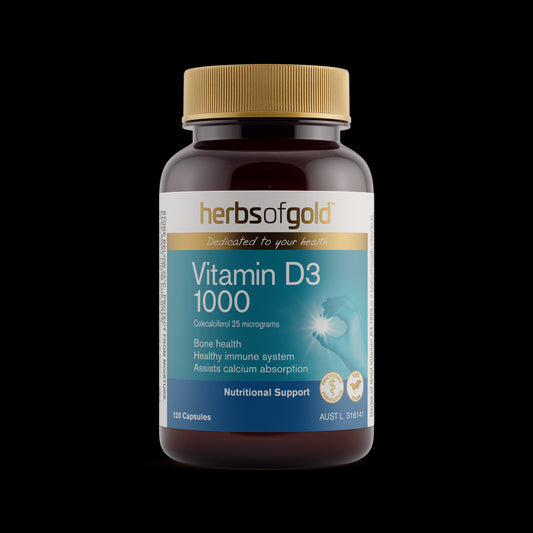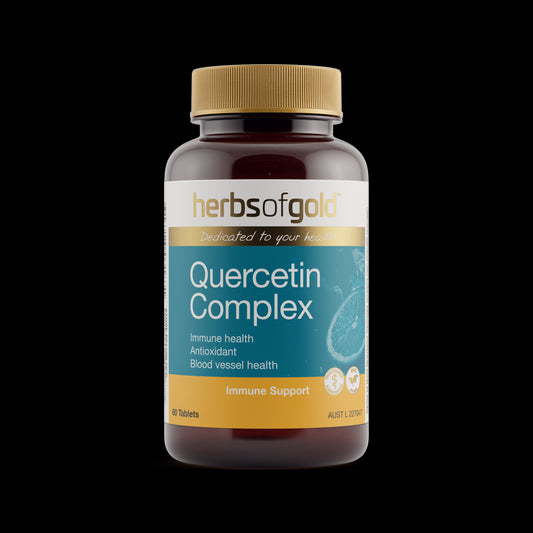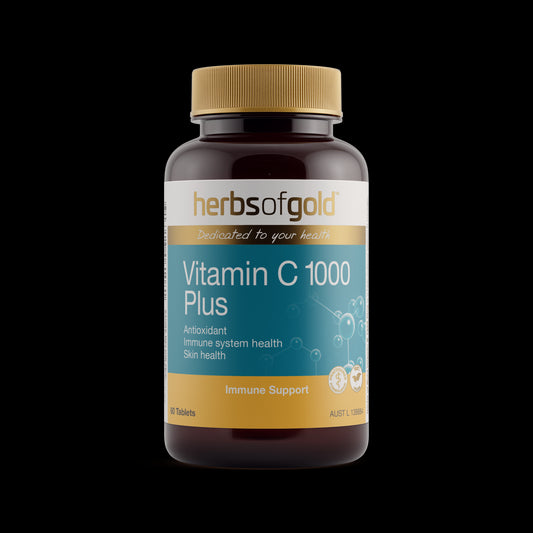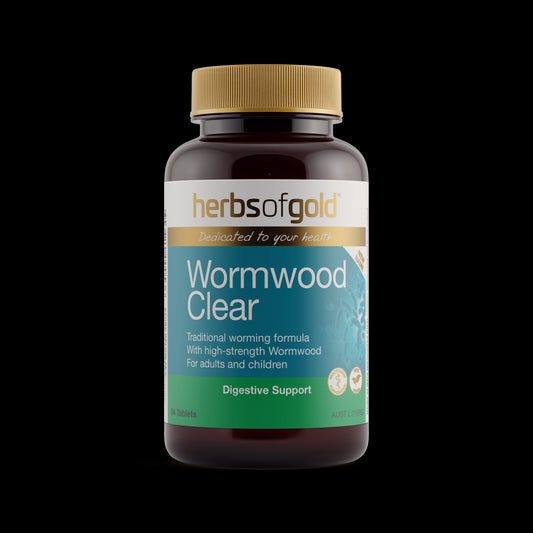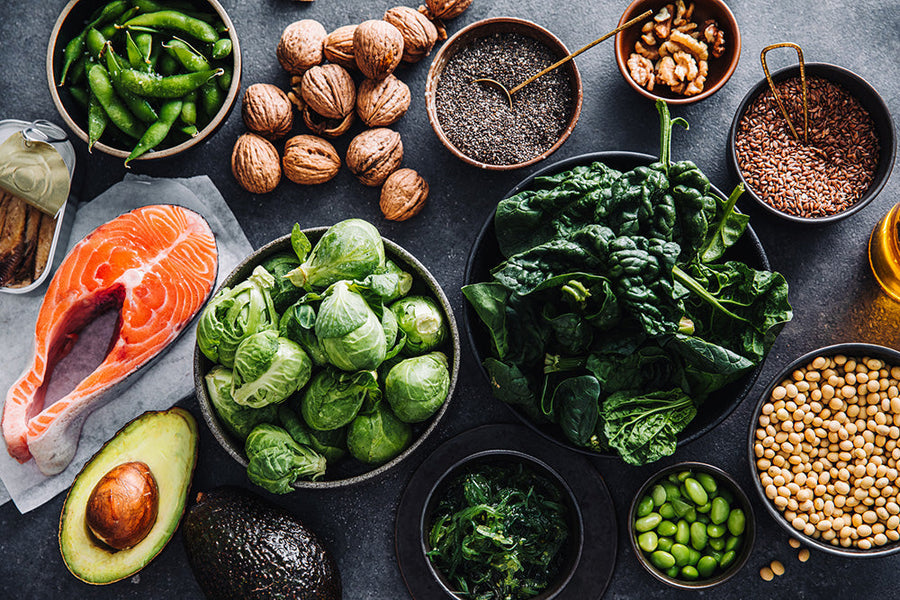Digestion occurs in two separate processes, firstly mechanical digestion which involves the action of chewing to break food into smaller particles, as well as swallowing and churning of food. The second digestive process is chemical digestion, involving the addition of digestive enzymes in the stomach to reduce foods into their chemical building blocks, which are then absorbed to nourish the cells of the body.
The majority of digestive enzymes are made in the pancreas, with a small number made in mouth, stomach and small intestine.
Digestive enzymes are split into three main classes:
- Lipases that are needed to assist in the digestion of fat
- Proteases that are needed to assist in the digestion of protein, and
- Amylases that are needed to assist in the digestion of carbohydrates.
In addition to these main digestive enzyme classes, there are other enzymes that have a specific action in the body. Lactase is one, which assists in the breakdown of lactose found in milk and milk products, and cellulase, an enzyme that breaks down cellulose, the main element in plant cell walls and vegetable fibres that can be very difficult to digest.
Lactase is an interesting one. If you look at the label for a lactose-free milk and compare it to another milk product that is not lactose-free, the only likely difference you will find is the addition of the enzyme lactase to the ingredients panel. Lactase is added to break down the naturally occurring sugar in milk, lactose, to make it easier to digest for individuals with a lactose intolerance. This is a real-life example of an enzyme at work.
While the pancreas is very efficient at making digestive enzymes, sometimes impaired gut function or fluctuations in stomach acid can interfere with this process.
In fact, poor digestion is a very common health complaint and can include symptoms such as indigestion, a feeling of fullness lasting for a few hours after eating, bloating, excessive flatulence and even abdominal pain.
The good news is there’s a range of foods that contain digestive enzymes. Did you know that pineapple contains a group of digestive enzymes called bromelains, while papaya contains a specific enzyme called papain. Both mangoes and bananas contain amylases, while avocados contain lipases, a healthy fat food source that assists in the digestion of dietary fat.
When dietary digestive enzymes may need some extra support, there’s always Herbs of Gold Digest-Zymes. This vegan-friendly capsule contains 6 digestives enzymes plus Gentian to support healthy digestion. A comprehensive blend of amylase, protease, lipase, lactase and cellulase, this product also contains bromelains from pineapple. Supporting the digestive enzymes is the addition of the herb Gentian, traditionally used in Western herbal medicine to stimulate gastric secretions while at the same time improving digestive weakness and relieving symptoms of digestion.



